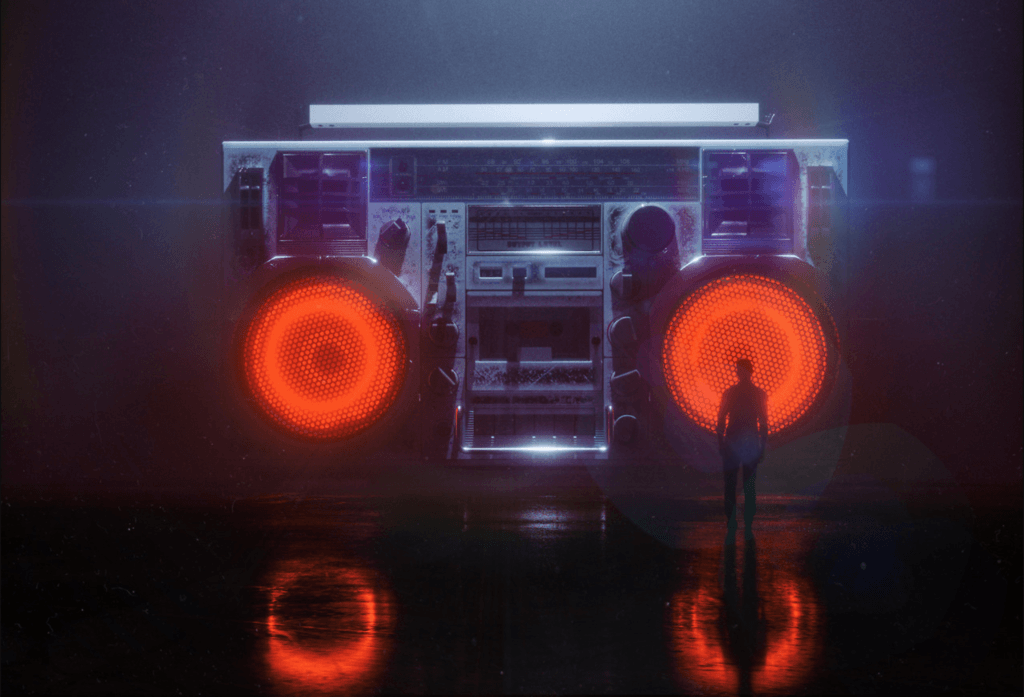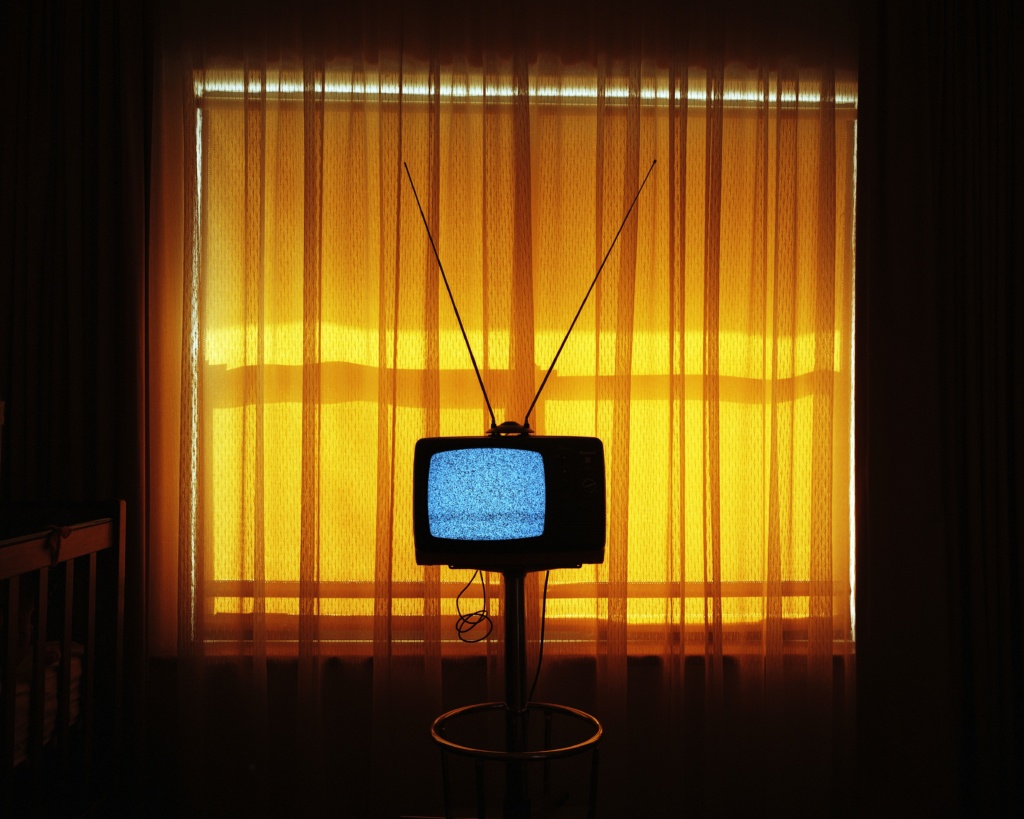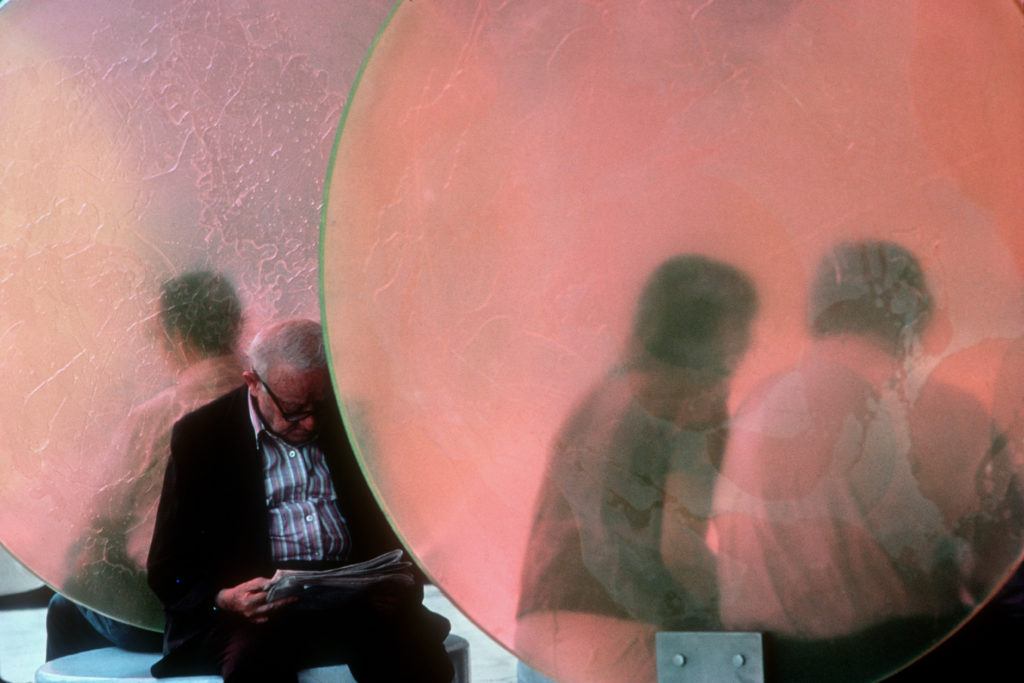Topics
Streaming Services
The culture of abundance
Moving in Stereo
It’s obvious that Peloton sells a kind of self-optimization — exercise as time discipline. But Spotify (a streaming service like Peloton) also trains listeners in how to attune emotionally to states (or vibes) that employers have deemed productive or speculatively valuable.
In the Mood
Ambient works once sought to intervene in an existing environment and re-attune one’s relationship to it — they function like augmented reality. Ambience videos on YouTube (think “lo-fi hip hop radio” or ” Rainy Night Coffee Shop Ambience”) are more like virtual reality, promising an off-the-shelf escape from the environment you’re in. Ambience ceases to be something shared and becomes instead something consumed.
Socialized Streaming
Music is a public good: It brings people together, it provides an outlet, an archive, and reflects the tenor of society at any given moment. We don’t currently conceptualize universal access to music as a public good, to be managed in the public interest with public funding. We should. We should think about socializing music streaming.









